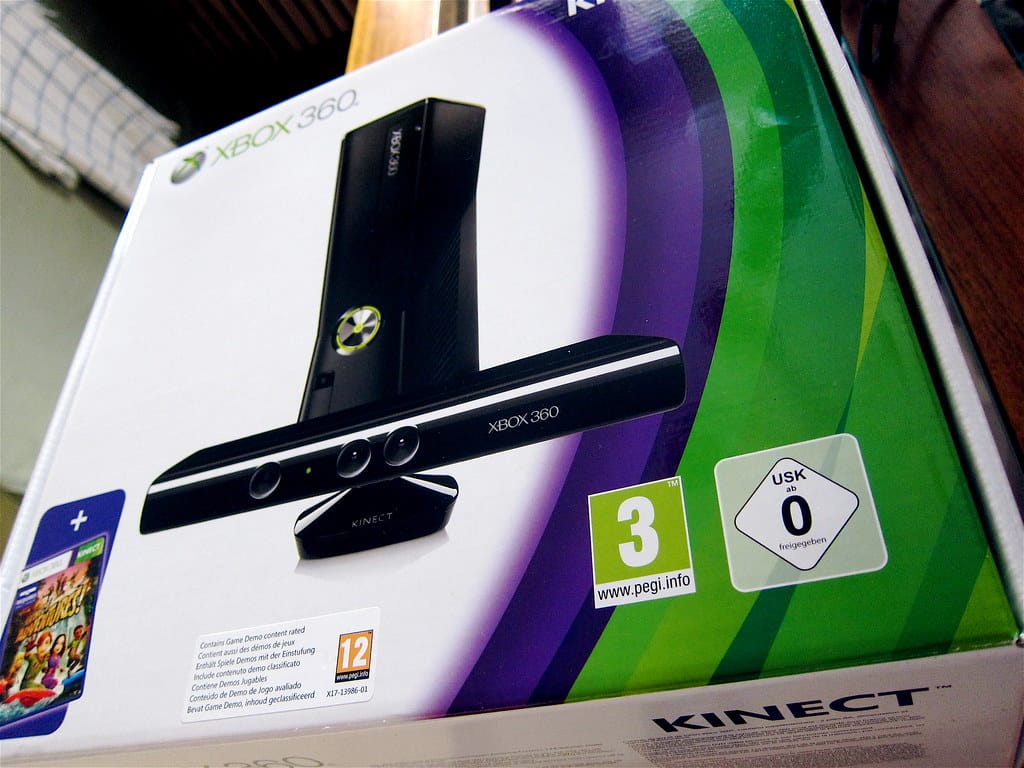Microsoft's Bold Gaming Gambit: Windows Set to Become the Ultimate Gaming Platform
Microsoft is making an ambitious play to transform Windows into the undisputed champion of PC gaming platforms, with Xbox President Sarah Bond recently declaring the company's commitment to ensuring Windows becomes "the number one platform for gaming." This strategic pivot signals a major shift in how Microsoft views the intersection of its gaming and operating system divisions.
The Xbox-Windows Convergence Strategy
During a recent industry conference, Bond outlined Microsoft's vision for deeper integration between Xbox services and the Windows ecosystem. The company is investing heavily in tools, services, and infrastructure designed to make Windows the most attractive destination for both game developers and players.
"We're not just talking about making games run better on Windows," Bond explained. "We're reimagining what it means to be a gaming platform in 2024 and beyond."
This announcement comes at a critical time when gaming platforms are increasingly fragmented, with players split between Steam, Epic Games Store, console ecosystems, and emerging cloud gaming services.
Gaming Performance and Infrastructure Improvements
Microsoft's strategy centers on several key technical improvements to Windows:
DirectStorage Technology: The company has accelerated development of DirectStorage, which dramatically reduces game loading times by allowing games to bypass traditional storage bottlenecks. Early implementations have shown loading time reductions of up to 40% compared to traditional methods.
Auto HDR and Machine Learning: Windows 11 now automatically enhances older games with HDR support and uses AI-driven techniques to improve frame rates and visual quality without developer intervention.
Developer Tools Enhancement: Microsoft is expanding its suite of development tools, making it easier for creators to optimize games specifically for Windows while maintaining compatibility across different hardware configurations.
The Steam Deck Challenge
Microsoft's renewed focus on Windows gaming appears partly motivated by Valve's success with Steam Deck and SteamOS. The portable gaming device has demonstrated that alternatives to Windows can provide compelling gaming experiences, threatening Microsoft's long-held dominance in PC gaming.
Industry analysts note that Steam Deck's Linux-based SteamOS has made significant strides in game compatibility, with over 13,000 verified games now running seamlessly on the platform. This success has prompted Microsoft to reconsider how it positions Windows in the gaming market.
Xbox Game Pass Integration
Central to Microsoft's strategy is the deeper integration of Xbox Game Pass with Windows. The subscription service, which boasts over 34 million subscribers as of late 2023, is becoming increasingly Windows-centric in its PC offerings.
Recent updates have streamlined the Game Pass experience on Windows, with faster downloads, better game discovery, and seamless cross-platform save synchronization. Microsoft is also leveraging its cloud gaming infrastructure to allow instant game streaming directly through Windows, reducing the barrier between wanting to play a game and actually playing it.
Developer and Publisher Response
The gaming industry's reaction has been cautiously optimistic. Major publishers like Electronic Arts and Ubisoft have expressed interest in Microsoft's enhanced development tools, particularly those that promise better performance optimization with minimal additional development effort.
However, some developers remain concerned about Microsoft's increasing control over the PC gaming ecosystem. Epic Games CEO Tim Sweeney has previously criticized Microsoft's approach, arguing that the company's platform strategies could limit developer freedom and increase costs.
Market Implications and Competition
Microsoft's Windows gaming push puts direct pressure on established platforms like Steam, which continues to dominate PC game distribution with an estimated 75% market share. Valve's response has been to double down on hardware innovation and platform independence, recently announcing expanded Steam Deck availability and improved Linux compatibility.
The competition benefits gamers through improved services, better performance, and more platform choices. However, it also raises questions about platform fragmentation and the potential for exclusivity deals that could limit where certain games are available.
Looking Ahead: The Future of PC Gaming
Microsoft's declaration represents more than just corporate ambition—it signals a fundamental shift in how the company views Windows' role in the broader entertainment ecosystem. By positioning Windows as the premier gaming platform, Microsoft is betting that superior technical integration and developer tools will overcome the network effects that have traditionally favored established platforms like Steam.
The success of this strategy will ultimately depend on Microsoft's ability to deliver tangible benefits to both developers and players while avoiding the platform lock-in concerns that have historically made the PC gaming community wary of dominant players.
As the gaming landscape continues to evolve, Microsoft's Windows-first gaming strategy could reshape how we think about platform competition, setting the stage for a new chapter in PC gaming's ongoing evolution.
